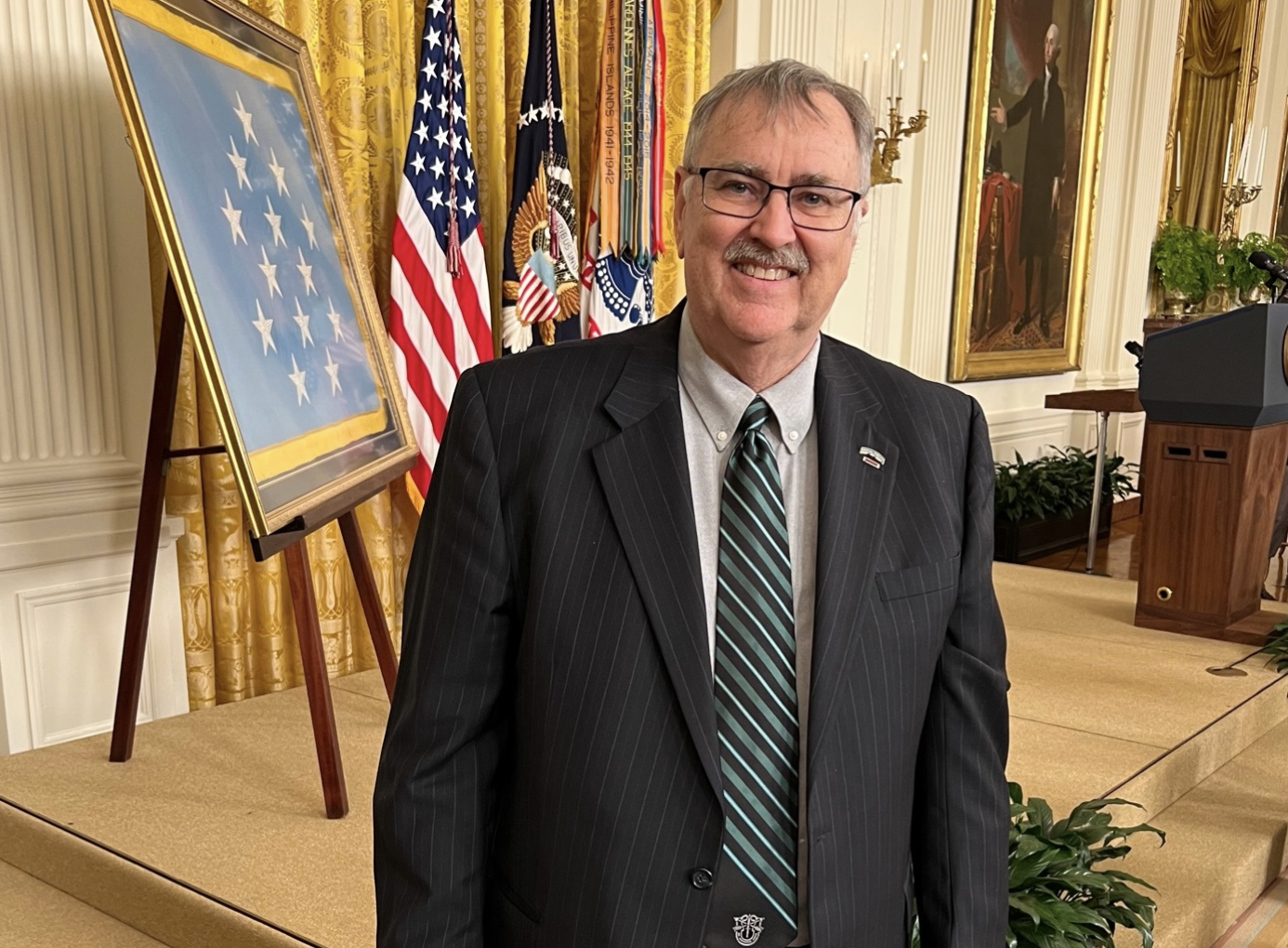2025 KU Security Conference Speakers
Speakers
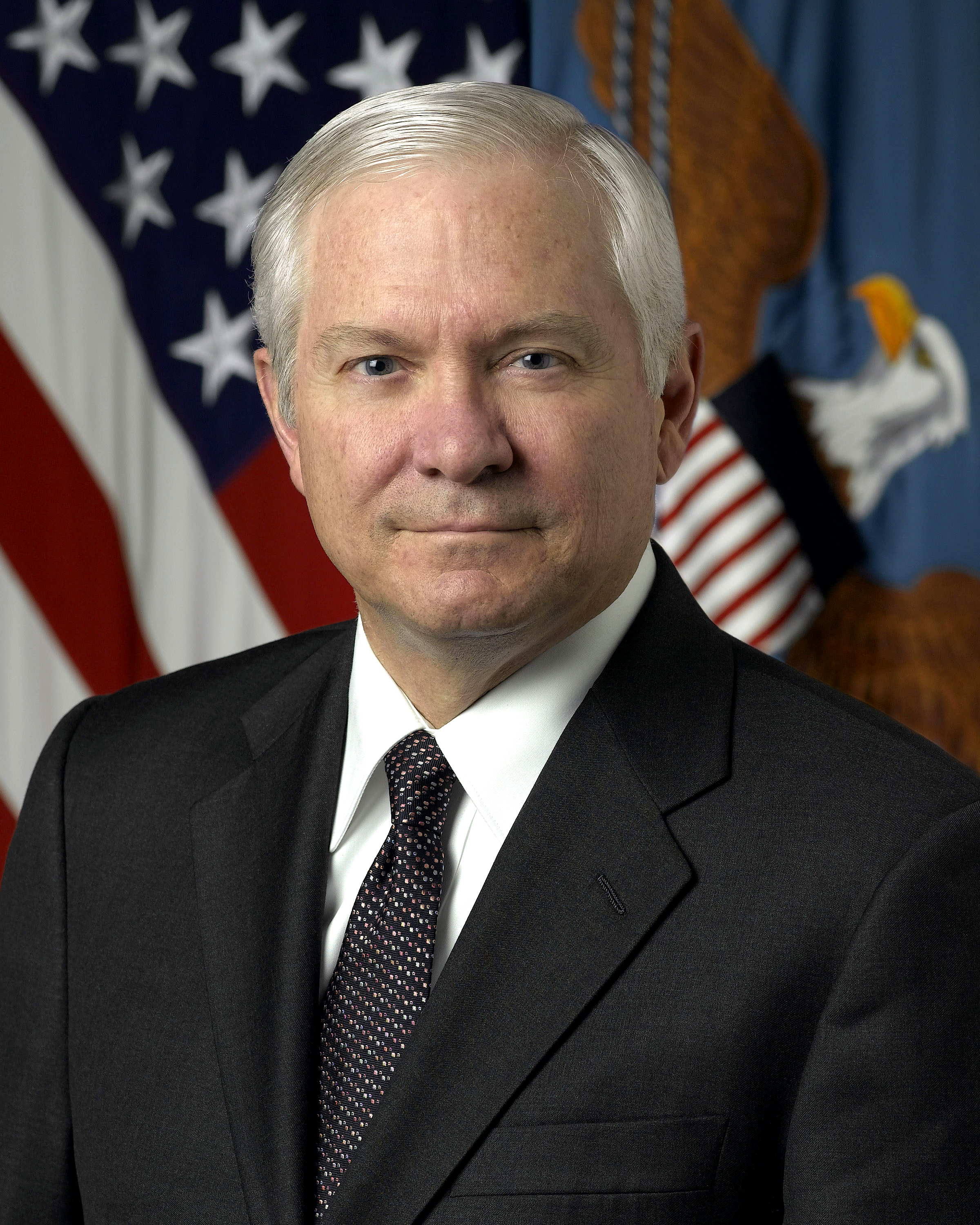
Robert M. Gates served as the nation’s 22nd Secretary of Defense (2006-2011). Dr. Gates served eight U.S. presidents across both parties and has the distinction of being the only secretary of defense in U.S. history to be asked to remain in office by a newly elected president. On Gates’s last day in office President Barack Obama awarded him the Presidential Medal of Freedom, America’s highest civilian honor.
Prior to becoming Secretary of Defense in 2006, Gates served as president of Texas A&M University, one of the nation’s largest universities.
Gates served in the CIA for nearly 27 years, culminating his service as Director of Central Intelligence from 1991 to 1993. He is the only career officer in CIA’s history to rise from entry-level employee to director. He spent nearly nine years on the National Security Council at the White House, serving four administrations across both parties.
Gates has been awarded the National Security Medal, the Presidential Citizens Medal, has three times received the National Intelligence Distinguished Service Medal, and has three times received CIA’s highest award, the Distinguished Intelligence Medal.
Gates is a principal at the consulting firm Rice, Hadley, Gates & Manuel, LLC, alongside former Secretary of State Condoleezza Rice, former National Security Advisor Stephen Hadley, and Executive Director of the Aspen Strategy Group Anja Manuel. Additionally, he is Chancellor of William & Mary, his alma mater. He has served on various public boards to include Starbucks, Fidelity Funds, the NCAA, the American Council on Education, and the Boy Scouts of America. Gates has authored four books, covering his experiences at CIA and at the Pentagon, leadership, and U.S. nonmilitary instruments of power.
Dr. Babb was commissioned from Bowdoin College in Brunswick, Maine. He served as a US Army Military Intelligence Officer in Washington, DC and after completing education as a China Foreign Area Officer, was then assigned to Joint and Army Headquarters in Hawaii. He later was posted to the Command and General Staff College faculty at Fort Leavenworth where he works today in the department in Military History. He earned a Masters in East Asian Languages and Cultures, and a Doctorate in History from the Univeristy of Kansas.
BA Bowdoin College, Maine
MPA Clark University, Massachusetts
MA University of Kansas
PhD University of Kansas
DLI Monterey, Mandarin Chinese
MODCLS Hong Kong, Mandarin Chinese
Beijing University, Mandarin Chinese

Ryan C. Berg is director of the Americas Program and head of the Future of Venezuela Initiative at the Center for Strategic and International Studies. He is also an adjunct professor at the Catholic University of America and a course coordinator at the United States Foreign Service Institute. His research focuses on U.S.-Latin America relations, strategic competition and defense policy, authoritarian regimes, armed conflict and transnational organized crime, and trade and development issues. Previously, Dr. Berg was a research fellow at the American Enterprise Institute, where he helped lead its Latin America Studies Program, as well as visiting research fellow at the University of Oxford’s Changing Character of War Programme. Dr. Berg was a Fulbright scholar in Brazil and is a Council on Foreign Relations Term Member. He has been published in a variety of peer-reviewed academic and policy-oriented journals, including The Lancet, Migration and Development, the SAIS Review of International Affairs, and the Georgetown Security Studies Review. His articles have appeared in Foreign Affairs, Foreign Policy, CNN.com, Los Angeles Times, and World Politics Review, among other outlets. He routinely testifies before the Senate Foreign Relations Committee and the House Foreign Affairs Committee. Dr. Berg obtained a PhD and an MPhil in political science and an MSc in global governance and diplomacy from the University of Oxford, where he was a Senior Hulme Fellow. Earlier, he obtained a BA in government and theology from Georgetown University. He is fluent in Spanish and Portuguese and is conversational in Slovenian.
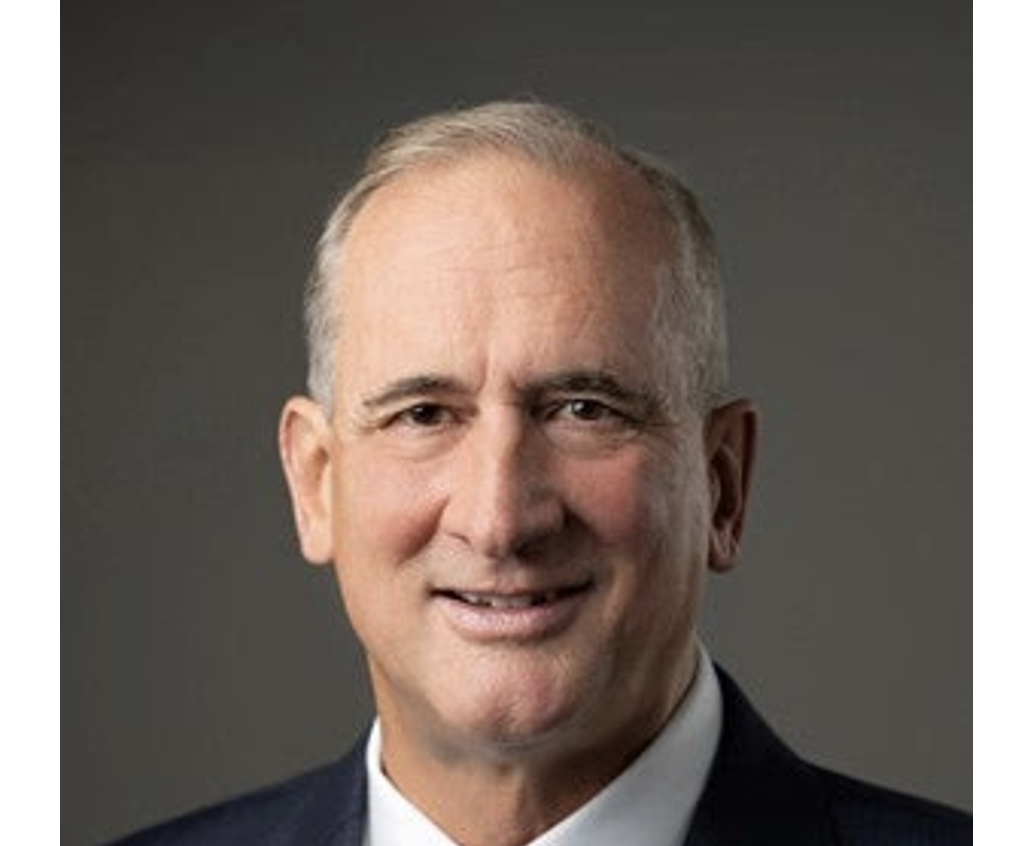
General Brown is an experienced commander who has led at every level, from platoon through Army Service Component Command. Serving as Commanding General of U.S. Army Pacific, General Brown led the Army’s largest service component command responsible for 106,000 Soldiers across the Indo-Pacific Region before his September 2019 retirement. General Brown is a 1981 graduate of the U.S. Military Academy at West Point, New York, where he was commissioned as an Infantry Second Lieutenant. His assignments took him across the globe including deployments in support of Operation Uphold Democracy in Haiti, Operation Joint Forge in Bosnia-Herzegovina, and two combat deployments in support of Operation Iraqi Freedom.
Before U.S. Army Pacific, he commanded the U.S. Army Combined Arms Center at Fort Leavenworth, Kansas; I Corps and Joint Base Lewis-McChord, Washington; and the U.S. Army Maneuver Center of Excellence and Fort Benning, Georgia. He also served as Chief of Staff for U.S. Army Europe; Deputy Commanding General for the 25th Infantry Division; Commander, 1st Brigade (Stryker) 25th Infantry Division; Commander, 2nd Battalion 5th Cavalry, 1st Cavalry Division; the Joint Staff, J-8; Army Staff, Strategy and War Plans Division G3/5/7 in the Pentagon; Aide-de-Camp, Vice Chief of Staff, U.S. Army; Executive Officer to Commander, U.S. Indo-Pacific Command; Assistant Professor and Deputy Director, Center for Enhanced Performance, West Point and Infantry Assignment Officer, HRC. General Brown holds a Bachelor of Science from the United States Military Academy, a Master of Education from the University of Virginia, and a Master of Science in National Security and Strategic Studies (Distinguished Graduate) from National Defense University. General Brown retired after more than 38 years of service. He was a Distinguished Senior Fellow at the Association of the United States Army before becoming President & CEO in October 2021. He and his wife, Patti, have three daughters, three sons-in-law and seven grandchildren.
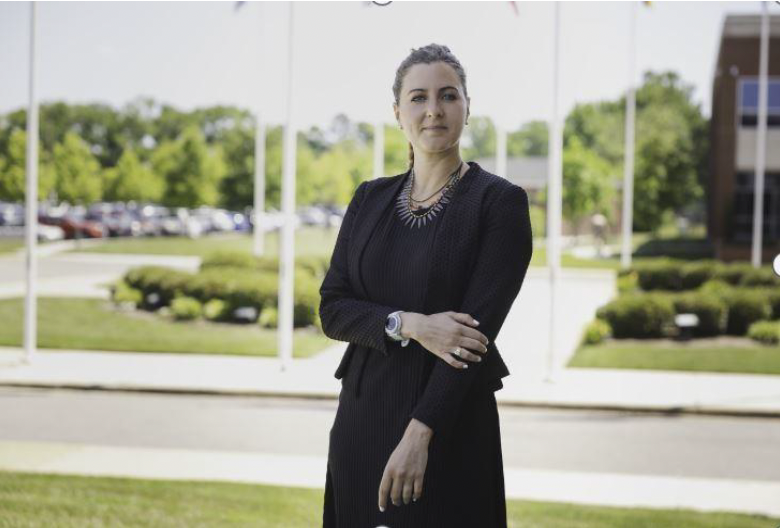
Ms. Francesca Buratti is a NATO International Civilian (NIC) Officer. She is currently serving at the NATO Supreme Allied Command Transformation (SACT) in Norfolk, Virginia, U.S.A. Ms. Buratti is a member of the Strategic Plans and Policy Directorate, where she acts as Senior Advisor for China and NATO Relations with the People’s Republic of China at strategic, military and political level. She is also Strategic Analyst for ACT mainly dealing with shaping policy and strategic foresight on China and Indo-Pacific related portfolios. She previously served as China-leading analyst for the ACT IPT Deterrence Team. She is also member of the ACT official Red Team where she provides advice and high-level strategic outlook of China’s strategic mindset and foreign-policy decision making process. Ms. Buratti is Professional Doctorate (PHD) candidate with the University of Cardiff, through a sponsored PHD-level program promoted by HQ SACT. Her research focuses on China strategic mindset and doctrinal way of warfare; China-NATO and China-EU relations and China’s grey zone operations in the Euro-Atlantic Area. Ms. Buratti previously served as Officer for the International Staff and the International Military Staff in NATO HQ Brussels, as China Action Officer and Arms Control analyst. She also worked as researcher and policy officer at the NATO Defense College in Rome, the United Nations in New York, the EU Commission’s Joint Research Center, and the International Affairs Institute. Further, she is Subject Matter Expert for the Italian Ministry of Defense. She is Research Fellow and identified future-leader in Foreign Policy and Security to the Mercator Institute for Chinese Studies (MERICS) in Berlin and to the Geneva Centre for Security Policy (GCSP) in Switzerland. Throughout her career she gained extensive experience at political and military level, providing advice and research, monitoring, and supporting NATO efforts to understand China better. She is also experienced with NATO civilian-military relations and she gained expensive experience on NATO partnership, cooperative security, arms control and disarmament policies. She has strategic foresight, forecasting and horizon scanning expertise.

Carla P. Freeman is Senior Lecturer for International Affairs and Director of the Foreign Policy Institute at Johns Hopkins School Advanced International Studies (JHU SAIS). She began her career as a political risk analyst, later holding several academic and non-profit positions and serving for more than a decade as a member of the faculty and staff of JHU
SAIS. She was also the Library of Congress Chair for China, Senior Expert for China at the United States Institute of Peace (USIP), and the interim American co-director of the Hopkins-Nanjing Center in Nanjing. Carla received her BA in Southeast Asia and History at Yale University, a certificate in Chinese language studies at Beijing Language and Culture University, and a certificate in political science from Sciences Po in Paris. She received her MA and PhD from JHU SAIS, writing her dissertation on China’s early post-Mao political economy focused on China’s geopolitically sensitive Northeast region. She is the author of numerous scholarly articles, reports, monographs, and edited books on Chinese foreign and security policy, including on China’s increasingly competitive role in space and the oceans. Current projects include a book with a working title China and the Strategic New Frontiers.
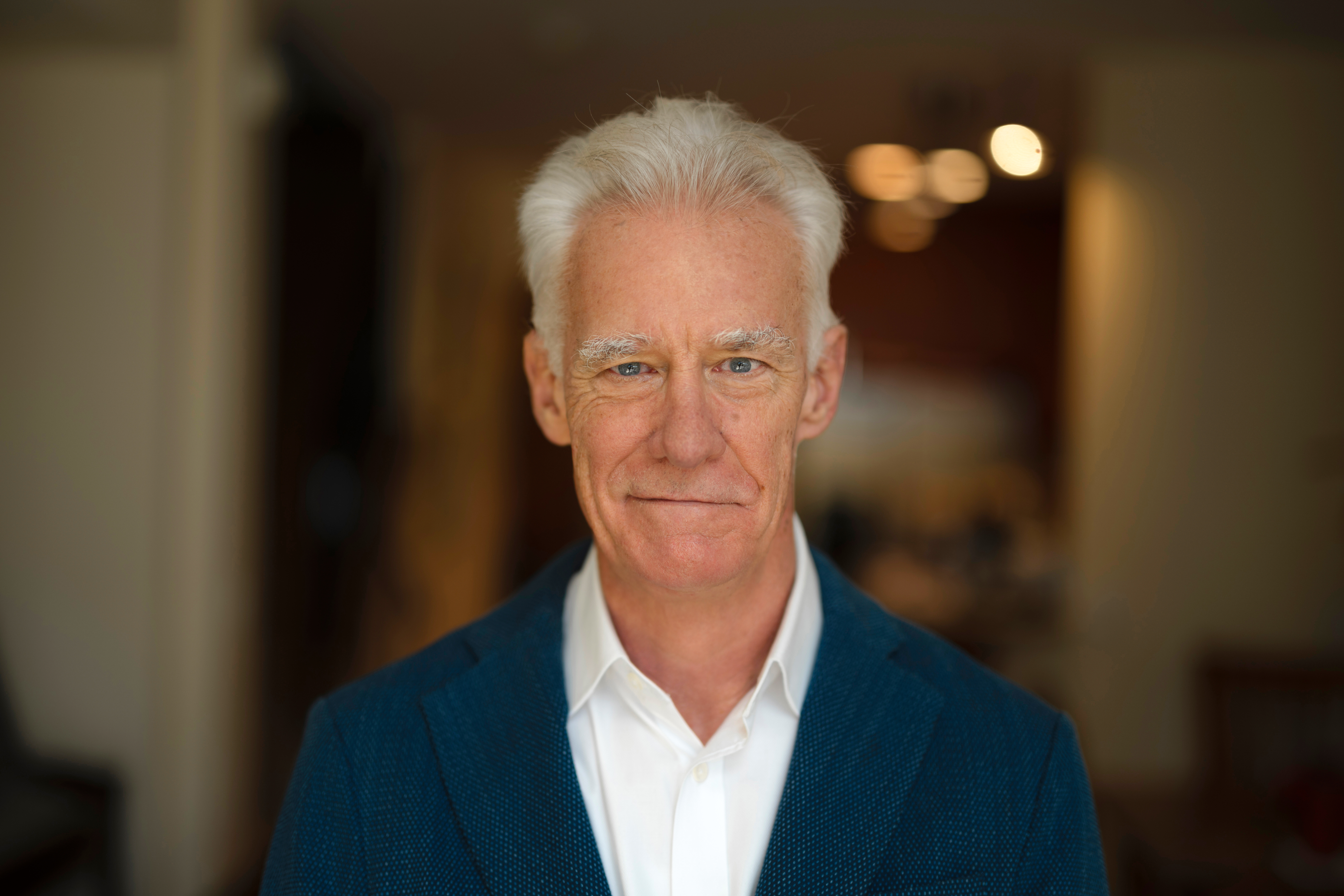
Stephan Haggard is Distinguished Research Professor at the School of Global Policy and Strategy at the University of California San Diego and Research Director for Democracy and Global Governance at the Institute on Global Conflict and Cooperation. He has written widely on the political economy and international relations of East Asia including Pathways from the Periphery: The Newly Industrializing Countries in the International System (1990); The Political Economy of the Asian Financial Crisis (2000); Developmental States (2018); and (ed. with David Kang) East Asia in the World: Twelve Events that Shaped the Modern International Order (2020). His work on North Korea with Marcus Noland includes Famine in North Korea (2007), Witness to Transformation: Refugee Insights into North Korea (2011) and Hard Target: Sanctions, Engagement and the Case of North Korea (2017). His current research centers on reversion from democratic rule (with Robert Kaufman, Dictators and Democrats: Masses, Elites and Regime Change 2017 and Backsliding: Democratic Regress in the Contemporary World 2021) and the consequences of the rise of illiberal regimes for global governance. He was recently inducted into the American Academy of Arts and Sciences.
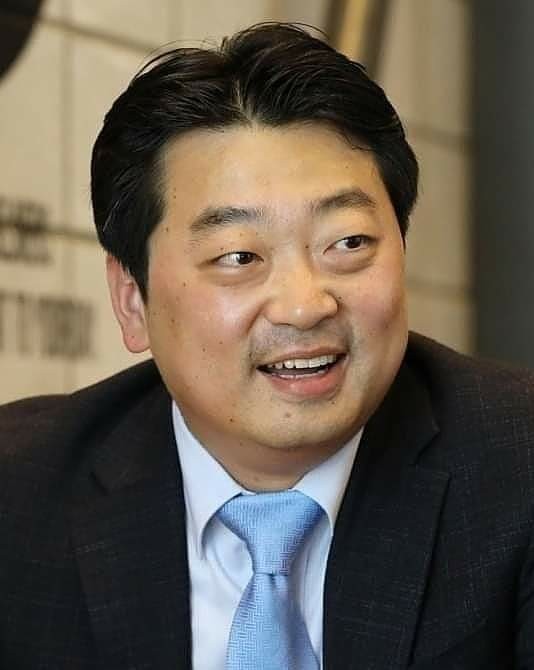
Youngjun Kim is a Professor and Dean of Academic Affairs of National Security College of the Korea National Defense University. He has been a Visiting Professor of the Elliott School of International Affairs of George Washington University, a Nonresident Fellow at the National Bureau of Asian Research (NBR) and a guest speaker at the National Intelligence University in Washington, D.C. He has been a member of National Security Advisory Board of the Republic of Korea President’s Office, the Central Committee of the Presidential Peaceful Unification Advisory Board, the ROK–U.S. Combined Command Forces’ Strategic Shaping Board, and Performance Review Committee at the Prime Minister’s Office. He also served as an international senior research fellow of the Foreign Military Studies Office of the U.S. Army and a policy advisor for Ministry of National Office, Ministry of Foreign Affairs, National Intelligence Office, the Joint Chief of Staff, the U.S. Senate and Congress, the State Department, the Pentagon, and Intelligence Agencies.
He has led the ROK-U.S. nuclear expert network, Nuclear Policy Leadership Initiative, and served as a managing editor of the Korean Journal on Nuclear Nonproliferation and Energy sponsored by the Ministry of Foreign Affairs. He has appeared in numerous outlets across global media, including BBC, Fox News, Wall Street Journal, Washington Post and others, and is a regular columnist for a number of newspapers. He is the author the book Origins of the North Korean Garrison State: The People’s Army and the Korean War with Routledge, and “Negotiating Nuclear Arms Control with North Korea: Why and How?” with Toby Dalton of the Carnegie Endowment for International Peace and others. Sponsored by the ROK and the U.S. government, he has also organized numerous conferences and joint research project on the Korean Peninsula Security with numerous think tanks and universities in Seoul and the United States.
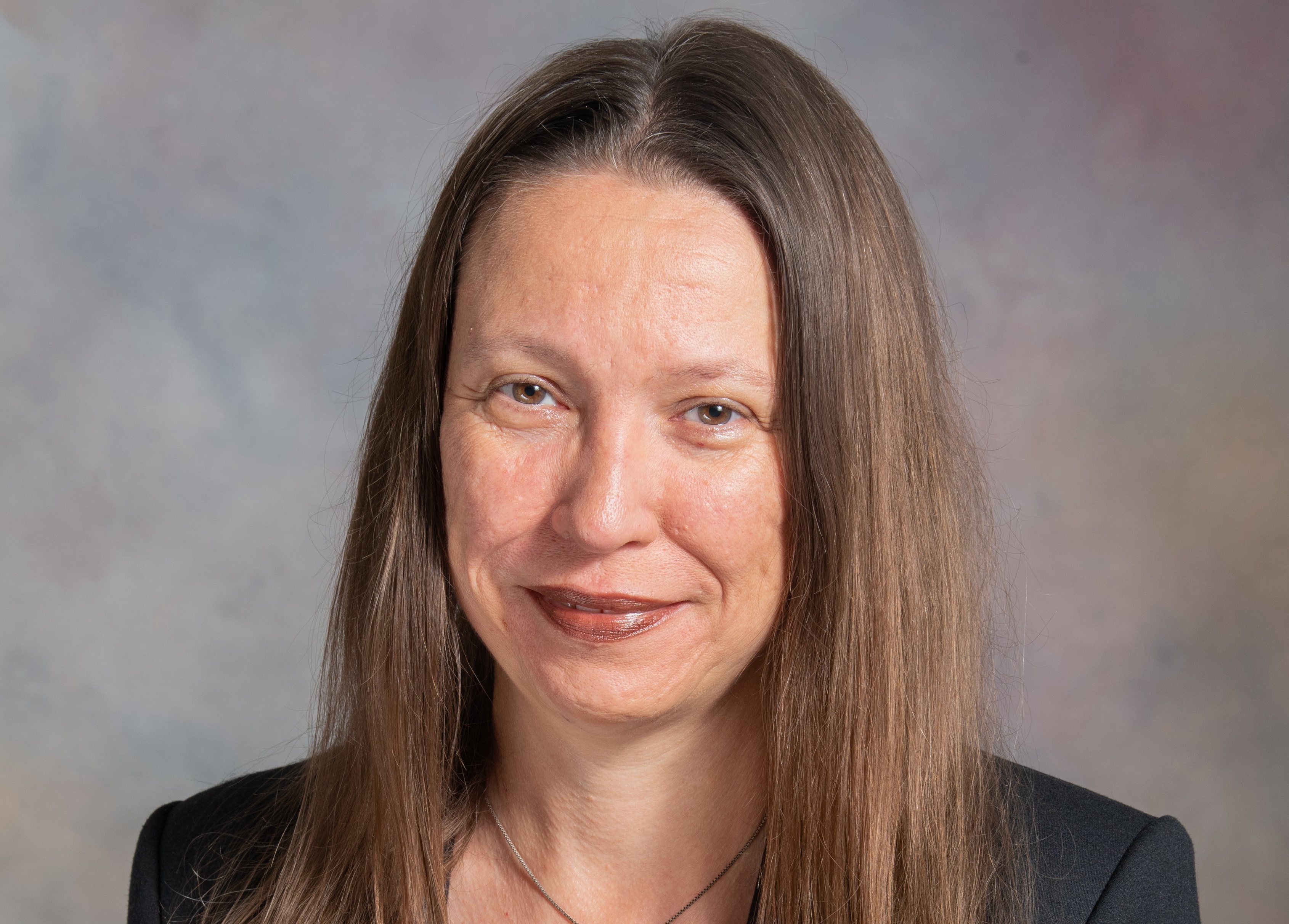
Dr. Dawn Murphy, Associate Professor of National Security Strategy at the US National War College, specializes in Chinese foreign policy and domestic politics, US-China relations, and international relations. Her research analyzes China’s interests and behavior as a rising global power towards the existing international order.
Murphy examines China’s relations with the Middle East and Sub-Saharan Africa in her book China’s Rise in the Global South: The Middle East, Africa, and Beijing’s Alternative World Order (Stanford University Press, 2022) https://www.sup.org/books/title/?id=33516. It analyzes China’s foreign policy approach towards the Middle East and Sub-Saharan Africa regionally (e.g., political, economic, military, and foreign aid) and through detailed case studies of the China-Arab States Cooperation Forum (CASCF), the Forum on China-Africa Cooperation (FOCAC), the China-Middle East Issues Special Envoy, the China-Africa Issues Special Envoy, China’s Special Envoy for Syria, China’s naval base in Djibouti, and China’s Belt and Road initiative. The project is based on extensive field work conducted as a Visiting Scholar with the Chinese Academy of Social Sciences in Beijing, China; a Visiting Research Fellow with the American University in Cairo, Egypt; a Visiting Researcher at Stellenbosch University’s Centre for Chinese Studies in South Africa; as well as research trips to Beijing, Washington, D.C., Kuwait, Oman, Qatar, Saudi Arabia, the United Arab Emirates, the United Kingdom, the Netherlands, Belgium, and France.
Dr. Murphy holds a B.S. in Industrial and Labor Relations from Cornell University, Master of International Affairs from Columbia University’s School of International and Public Affairs, and Ph.D. in Political Science from George Washington University. Dr. Murphy’s previous academic appointments include Associate Professor of International Security Studies at the US Air War College, Visiting Assistant Professor of Political Science at George Washington University, and Postdoctoral Research Fellow with the Princeton (Columbia)-Harvard China and the World Program at Princeton University. She also has private sector manufacturing experience in China and the U.S
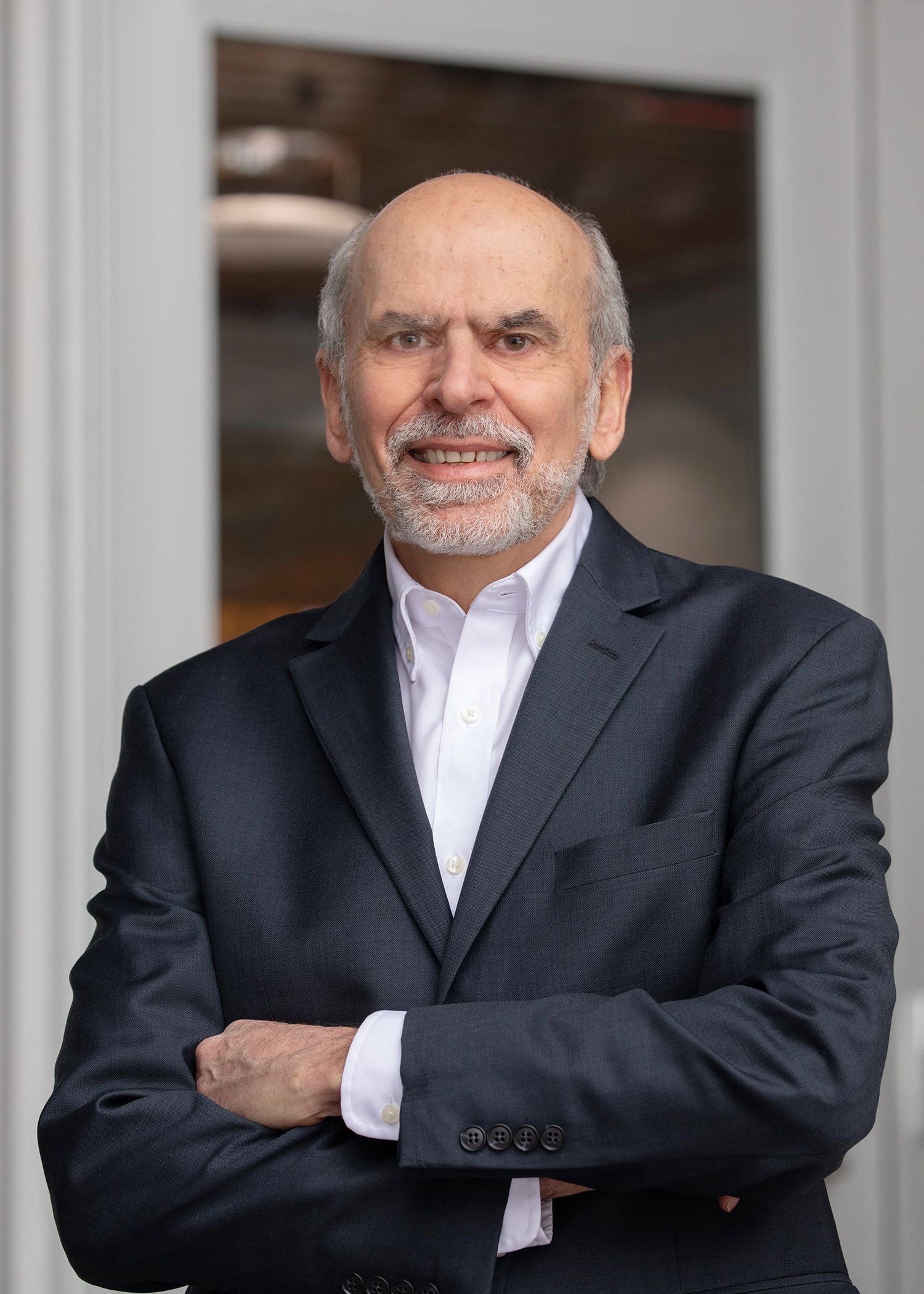
Gerald Seib is a graduate of the University of Kansas and was a journalist with The Wall Street Journal for almost 45 years. He served as the Journal’s Executive Washington Editor and wrote the weekly “Capital Journal” column for 29 years. He has also reported from the Middle East for the Journal in the mid-1980s, covered the White House, moderated three presidential debates, and interviewed every president since Ronald Reagan.
Seib currently serves as a Visiting Fellow at the Dole Institute of Politics. Previously, he served as the Fall 2022 Dole Fellow. His series, “Big Stakes, Big Consequences,” featured national pollsters as well as prominent politicos and journalists.

Mike Studeman, the former Commander of the Office of Naval Intelligence and a retired two-star Admiral, is one of our nation’s leading national security professionals, with extensive global experience in intelligence, foreign policy, and defense matters. He is an internationally recognized expert on Asian affairs with deep expertise on China. Mike is a MITRE National Security Fellow and on the Board of Advisors of the National Bureau of Asian Research, DTEX, and Hawkeye 360. He is also a Senior Advisor at WestExec.
Mike led intelligence operations at every level from the tactical to the strategic, and in Navy, joint, national, and interagency assignments. He supported combat operations ranging from Desert Storm to the Balkans to Afghanistan. He also contributed to a range of counter-terrorism, counter-narcotics, and counter-proliferation operations. Mike also helped formulate strategies and execute operations to deal with challenges from Iran, North Korea, Russia, and China.
Mike’s joint assignments as a flag officer include National Intelligence Manager – Maritime for the Director of National Intelligence, Director of the National Maritime Intelligence Integration Office, three years as the Director of Intelligence (J2) for the nation’s largest Combatant Command, the U.S. Indo-Pacific Command, and Director of Intelligence (J2) for the U.S. Southern Command in Miami, Florida.
Mike was appointed by President Bush as a White House Fellow in 2005. He went on to become the only officer ever to serve as Special Assistants to the Chief of Naval Operations, Vice Chief of Naval Operations, and U.S. Fleet Forces Commander. He also held major command posts as a Captain, including commanding the Joint Intelligence Operations Center for U.S. Cyber Command and Commander of the Hopper Global Communications Center.
Mike’s alma mater is the College of William and Mary. He is an Honors Graduate in Mandarin Chinese from the Defense Language Institute, a Distinguished Graduate of the National War College, and a Distinguished Graduate in Asian Affairs from the Naval Postgraduate School. In 2024 he published a leadership book called Might of the Chain: Forging Leaders of Iron Integrity. He continues to write on national security issues and speaks at various universities, think tanks, and conferences.
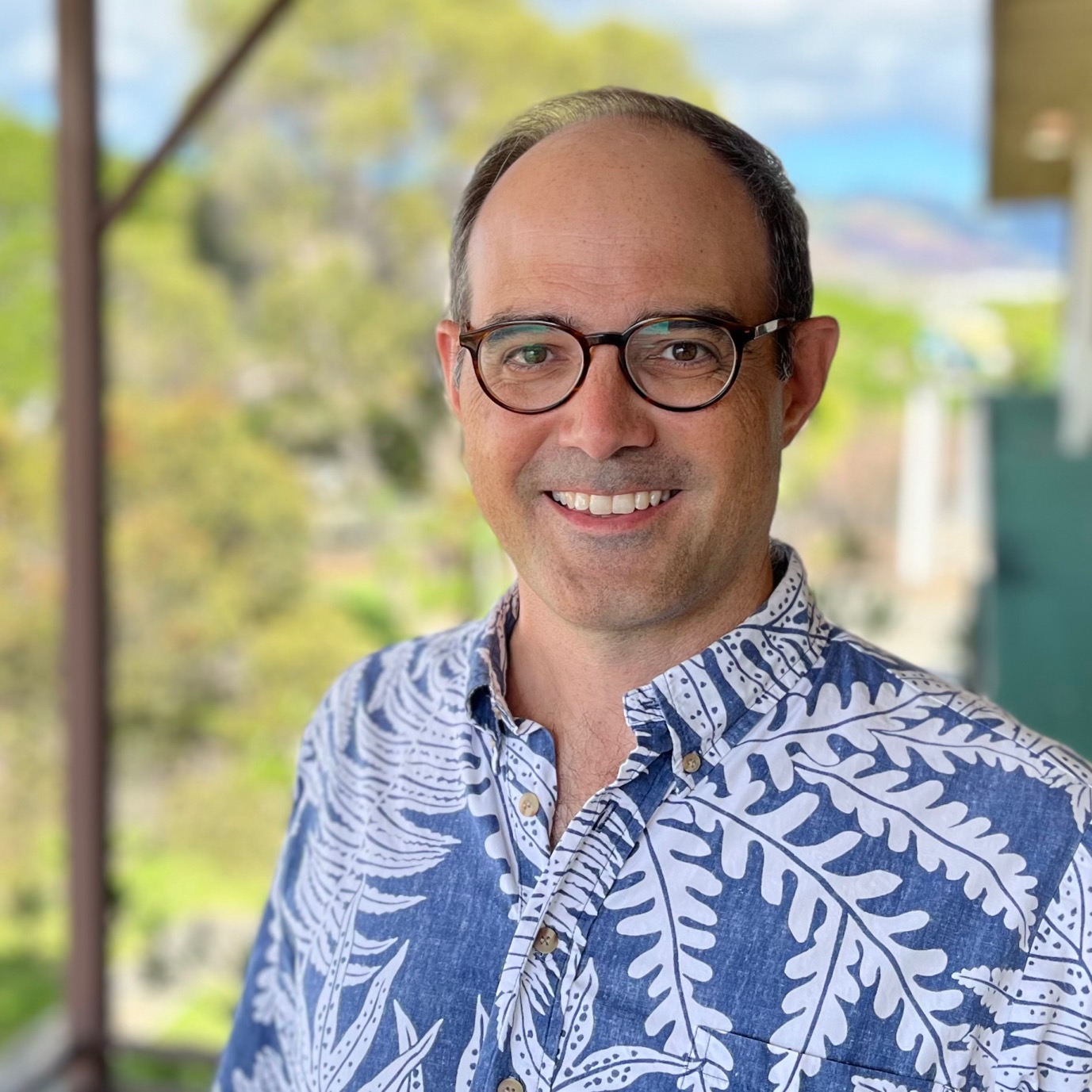
CAPT Rob Watts is a military speechwriter in the Office of the Secretary of Defense.
From Norfolk, Virginia, Captain Rob Watts commissioned in 2002 through the Navy ROTC program at the University of Virginia where he majored in history and foreign affairs. He also earned master’s degrees in strategic studies and public policy from the Naval War College and Princeton University, respectively. He has served on destroyers, a cruiser, and a minehunter based in Virginia, Bahrain, and Japan. From 2020-2021 he commanded USS JOHN PAUL JONES, a destroyer based in Hawaii. During this tour, he deployed to the Western Pacific and Middle East for nine months.
Ashore, he served at the Navy headquarters in Washington DC in the Navy Foreign Liaison Office and in the Office of the Vice Chief of Naval Operations. He has also worked on Fleet staffs in Virginia and Hawaii. Most recently he was Current Operation Director at U.S. Pacific Fleet and speechwriter to the Pacific Fleet Commander.
He now serves in Washington, DC as military speechwriter to the Secretary of Defense.
CAPT Watts has written for academic and professional publications, including International Security and the Naval War College Review. He has also studied Mandarin Chinese and spent six months in China.
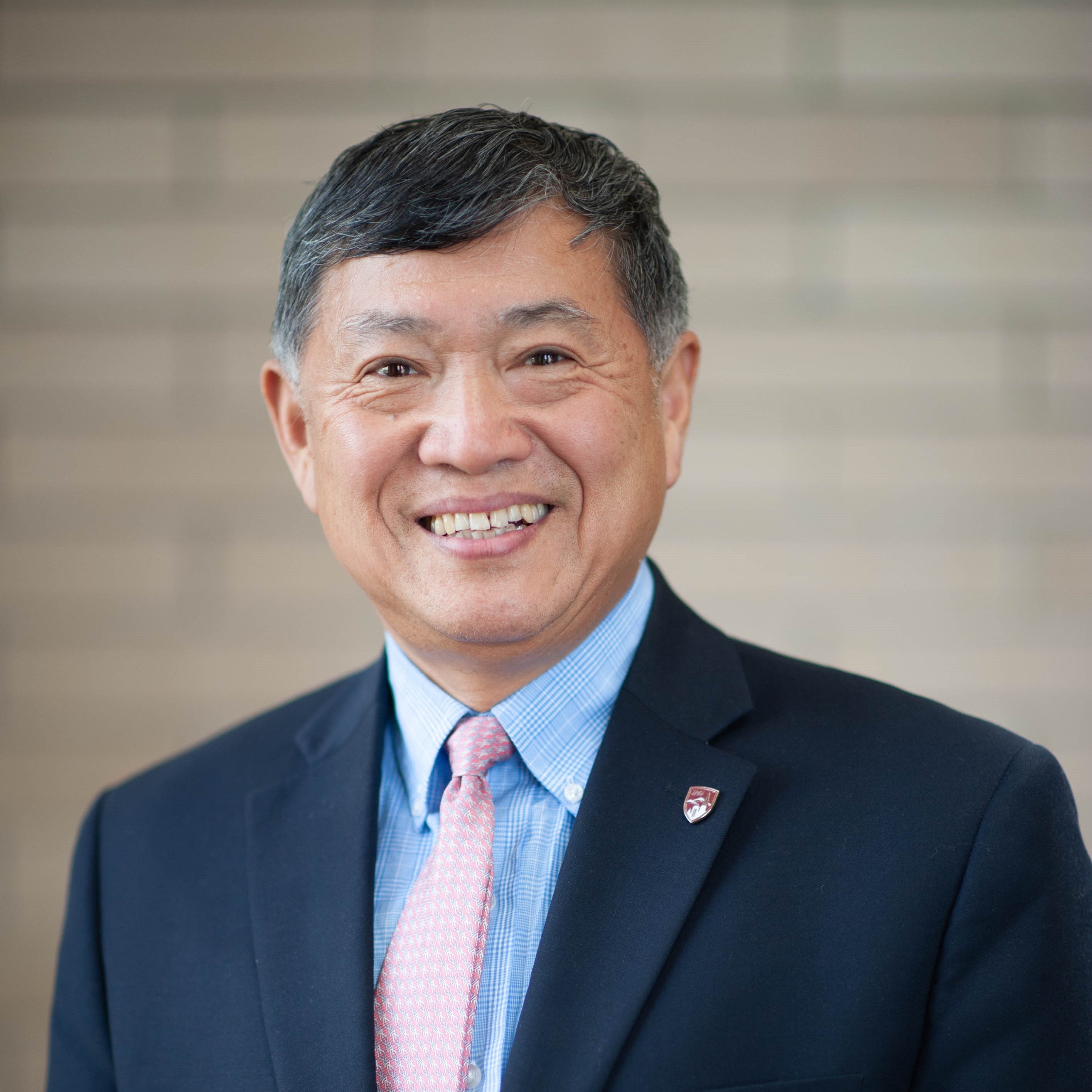
Suisheng Zhao is a Professor and Director of the Center for China-US Cooperation at Josef Korbel School of International Studies, University of Denver. A Campbell National Fellow at Hoover Institution of Stanford University, he is the founder and editor of the Journal of Contemporary China and the author and editor of over two dozen books and hundreds of academic articles. His most recent book is The Dragon Roars Back: Transformational Leaders and Dynamics of Chinese Foreign Policy (Stanford University Press, 2023 and named one of “Best of Books 2024” by Foreign Affairs magazine). He received his Ph.D. in political science from the University of California-San Diego, an M.A. in Sociology from the University of Missouri, and a BA and M.A. in economics from Peking University
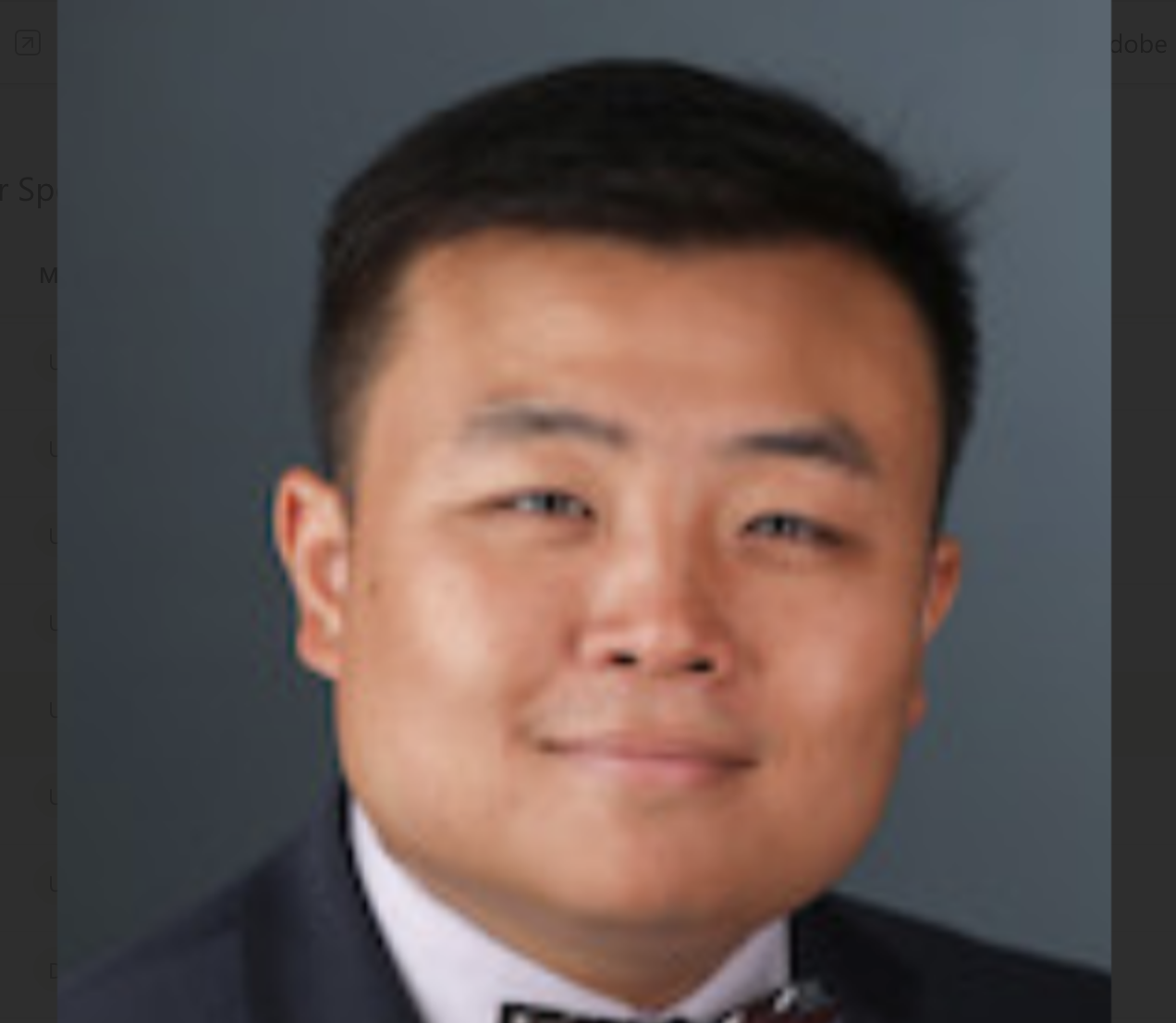
JIAKUN JACK ZHANG is Assistant Professor of Political Science at the University of Kansas (KU). He received his Ph.D. from the Department of Political Science at UC San Diego. His dissertation examines when and why economically interdependent countries use military versus economic coercion in foreign policy disputes. In 2018-2019, he was a postdoctoral research fellow in the Niehaus Center for Globalization and Governance at Princeton University.
Dr. Zhang has a Ph.D. in Political Science, University of California San Diego, 2018, La Jolla, CA and a B.A. in Political Science, Duke University, 2011, Durham, NC. Dr. Zhang’s research explores the political economy of trade and conflict in East Asia. A scarcity of appropriate measures of interdependence and theoretical disarray about its effects hinder the formulation of effective policies to manage strategic competition with China.
